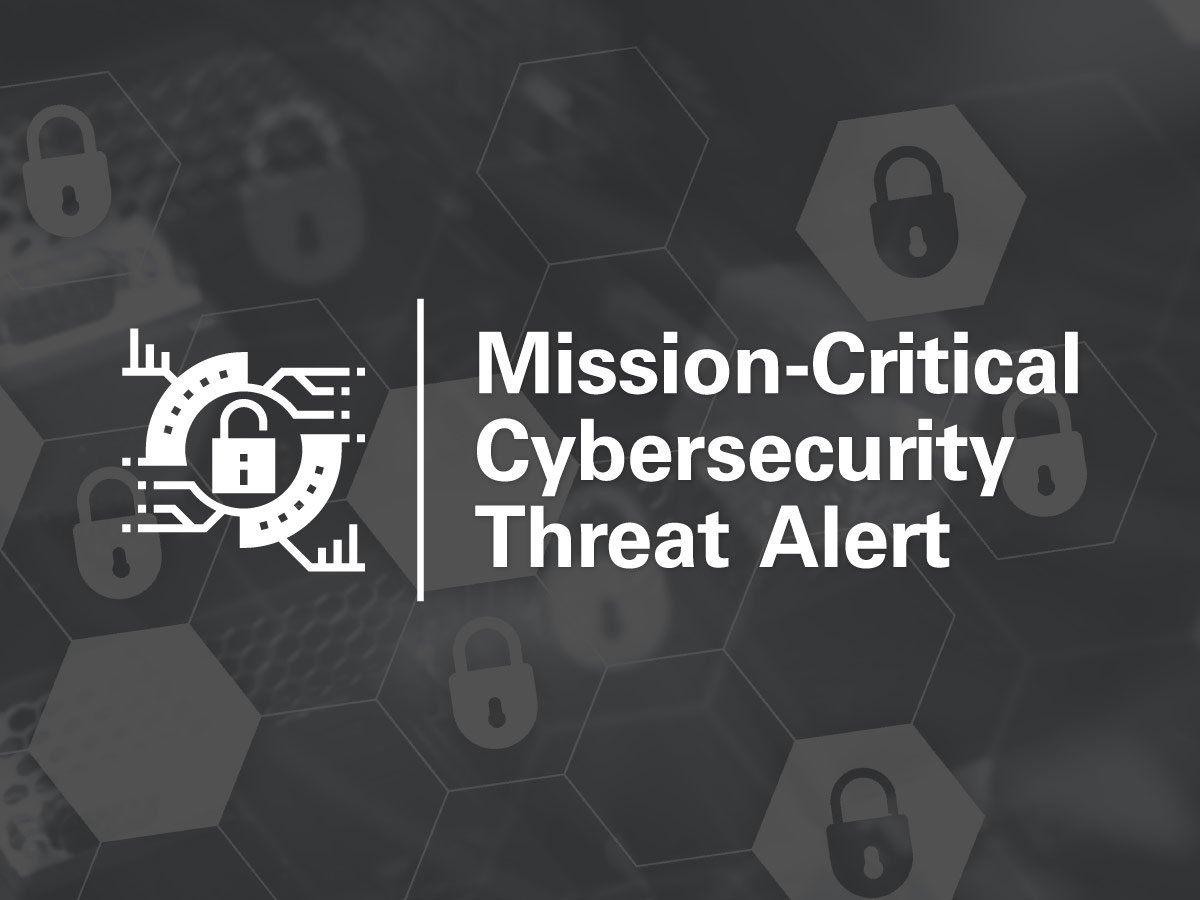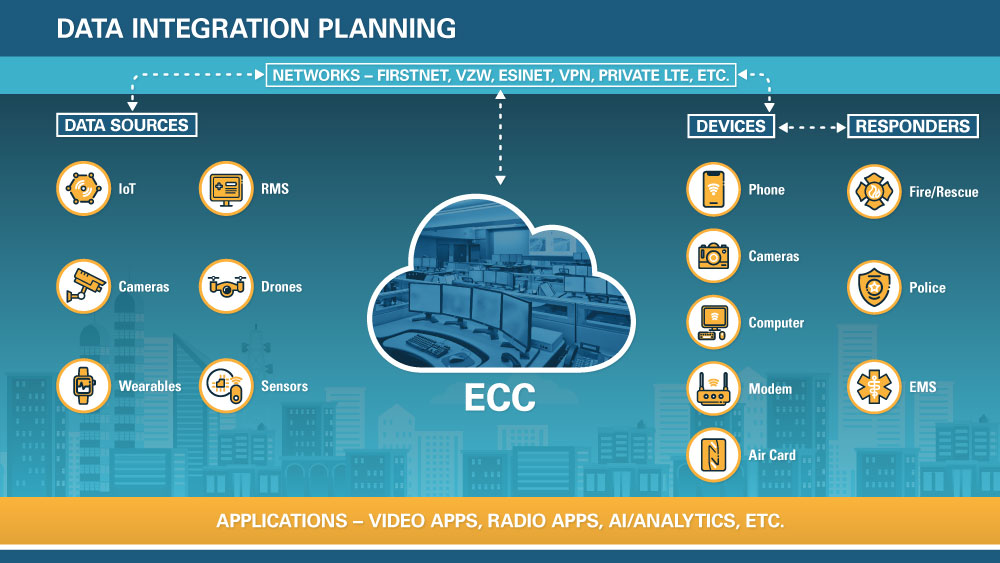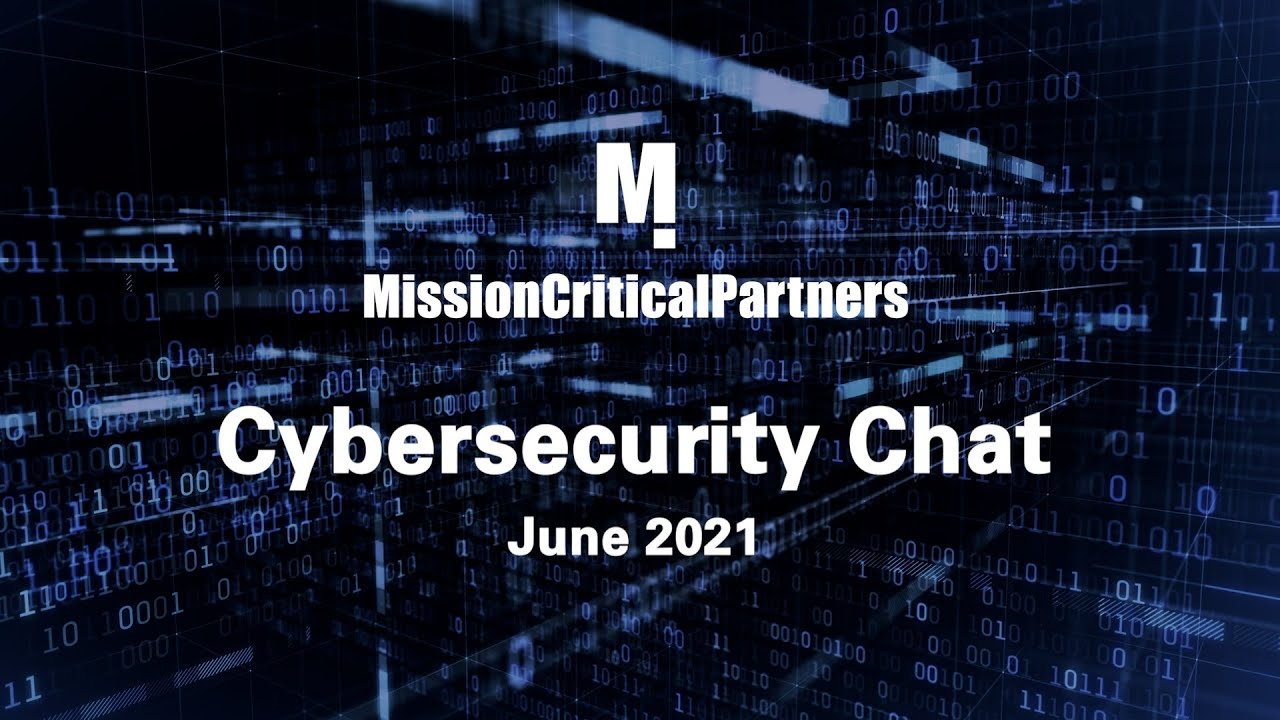Are Cloud-Based Solutions Right for Your Agency?
A lot of people in the public safety/justice/public sector sectors are talking about cloud-based solutions these days. It is easy to understand why there is so much chatter because solutions that live in the cloud offer some impressive benefits. Here are just a few:
- Cloud-based solutions typically offer best-of-breed technologies and services
- Cloud-based solutions remove the maintenance and upgrade burden from the end user from a technology perspective
- Cloud-based solutions often make it easier to share resources regionally or even broader compared with siloed, on-premises solutions
- Cloud-based solutions typically offer enhanced resiliency and redundancy compared with on-premises solutions
- Cloud-based solutions often make it easier for agencies to transfer operations to another location in “bug out” scenarios
- Cloud-based solutions are easier and faster to scale —both up and down, based on the agency’s needs at any given juncture — compared with on-premises solutions
- Cloud-based solutions typically are more secure, because providers often have greater information technology and cybersecurity resources and assets to draw upon










